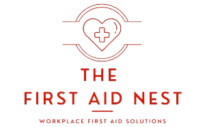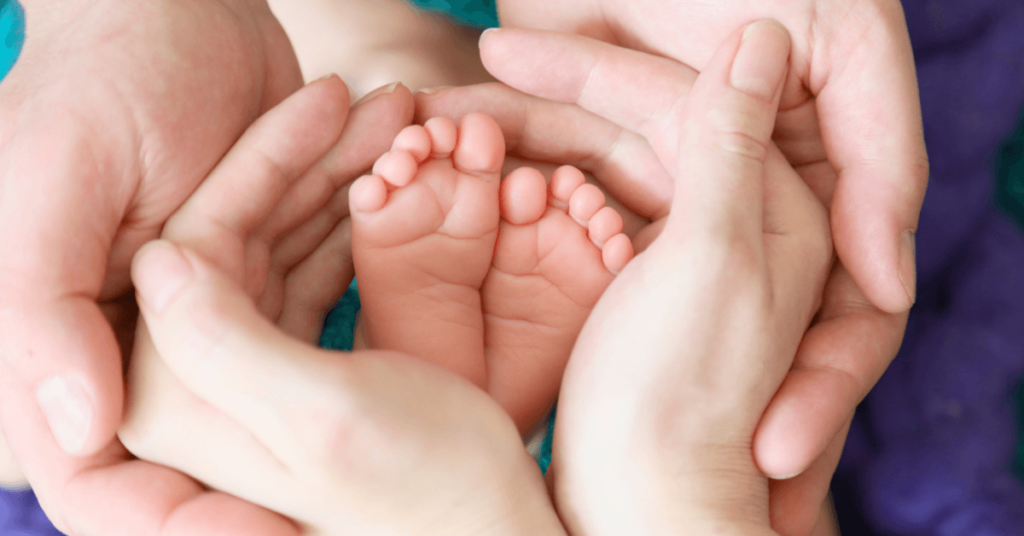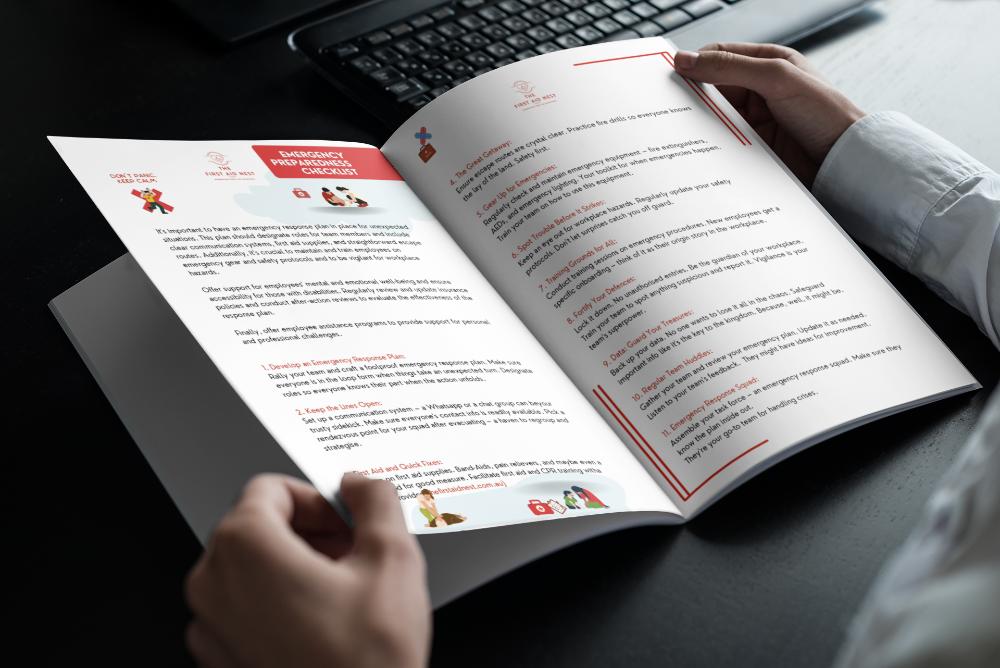First Aid Tips for New Parents: Navigating the Challenges of Caring for a Baby’s Health

Becoming a parent is a life-changing experience filled with love, joy, and the responsibility of caring for a new life. As a new parent, you must prioritise your baby’s health and safety.
While you may have read countless parenting books and taken prenatal classes, being prepared for medical emergencies and knowing basic first aid is equally important.
In this blog post, we’ll look at some important first aid tips to help new parents navigate the challenges of caring for their baby’s health.
First Aid Tips for New Parents:
First Aid for Choking

Choking first aid is one of the most important first aid skills for parents to learn. This training provides parents with the knowledge and confidence to respond effectively in cases of respiratory distress or choking, which can be life-saving in an emergency.
Know the basics of Baby CPR

Knowing how to perform CPR on a baby can be essential in cases of cardiac arrest or breathing problems. The CPR process for infants is different from adults and involves gentle chest compressions and rescue breaths. As your child grows, continue to put this technique into practice and update your knowledge.
Be Cautious with Medications

Always be careful when administering medications to your baby. Use the correct dosage and follow the doctor’s instructions. Keep all medications, including over-the-counter drugs, out of reach from children, and store them in childproof containers.
Make a First Aid Kit for Your Child

It is crucial to have a well-stocked baby first aid kit at home and on travels. Your baby’s first aid kit should contain the following items:
- Adhesive bandages of various sizes
- Gauze pads and adhesive tape
- Antiseptic wipes or solution
- Digital thermometer
- Pain relief
- Baby-safe scissors and tweezers
- Oral rehydration solution (for treating dehydration)
Check and replenish your first aid kit on a regular basis to ensure that all supplies are current and ready to use.
Identify and Address Common Baby Health Issues

Learn about common baby health issues like fever, nappy rash, colic, and common colds. Learn how to provide comfort and when medical attention is needed.
Make Your Home Baby-Proof

Accidents occur at any time, so babyproofing your home is essential. Install safety gates, secure heavy objects and furniture, cover electrical outlets, and keep small items out of reach. As your baby begins crawling and exploring their surroundings, look at the home for potential hazards on a regular basis.
Learn How to Spot Allergic Reactions

Allergies in infants are common, and knowing how to recognise an allergic reaction is important. Keep an eye out for signs of allergic reactions, such as rash, hives, swelling, or difficulty breathing, when introducing new foods or products to your baby. If you suspect an allergy, seek immediate medical attention.
Stay Informed about Emergency Contact Information

Have emergency contact information readily available. Save your doctor’s number, the local emergency medical services number, and any other relevant emergency contacts in your phone and keep a hard copy in your baby’s first aid kit.
Take a Baby First Aid Course

Enrolling in a baby first aid course is a wise decision that will provide you with life-saving skills and essential knowledge to confidently handle any medical situations that may arise.
Have Age Appropriate Medications in the House

There are some basic medications that are good to have to hand in the home and in your nappy bag.
Paracetamol – for pain relief and bringing down a fever
Ibuprofen – for pain relief, brings down swelling and bringing down a fever
Antihistamine – this will treat the uncomfortable symptoms of a mild to moderate allergic reaction. This will not stop the symptoms of anaphylaxis.
Remember that being a new parent entails ongoing learning and development. Take the time to learn about first aid and seek ongoing assistance and information from reliable sources.
Above all, enjoy every step of this beautiful journey together.

Our Baby First Aid course
Our baby first aid courses are available in person in your home and online.
We run classes in your home with groups of 2, 4 or up to 10 in Sydney & Melbourne and you can book in 3 easy steps!
Follow the prompts to purchase
We will contact you within 24 hours to lock in your date of choice
Here are some other resources you may enjoy!
FREE GUIDE: Introducing Common Allergy Foods & Allergic Reactions
Book a baby & child first aid class
The Nest CPR & Allergy Flock FB Group
Online Baby & Child First Aid


